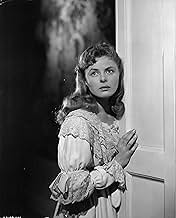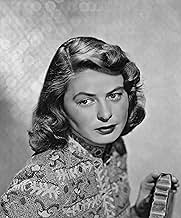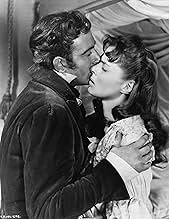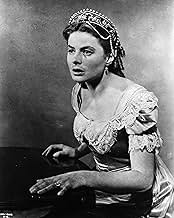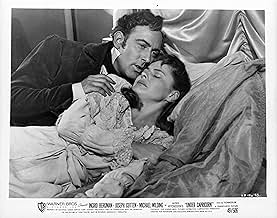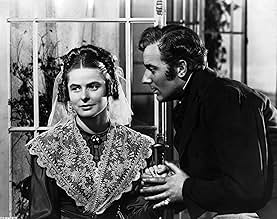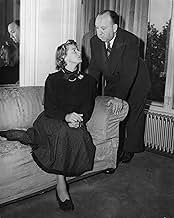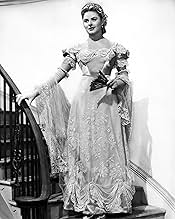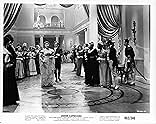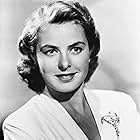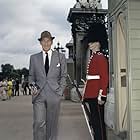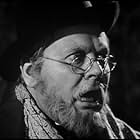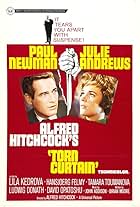A young gentleman goes to Australia where he reunites with his now married childhood sweetheart, only to find out she has become an alcoholic and harbors dark secrets.A young gentleman goes to Australia where he reunites with his now married childhood sweetheart, only to find out she has become an alcoholic and harbors dark secrets.A young gentleman goes to Australia where he reunites with his now married childhood sweetheart, only to find out she has become an alcoholic and harbors dark secrets.
- Awards
- 1 win
- Major Wilkins
- (as Francis de Wolff)
Storyline
Did you know
- TriviaIn 1958, Cahiers du Cinema (French Film Magazine) voted this movie as one of the ten greatest movies of all time.
- GoofsAs the characters gather for the dinner party, fairly early on in the film, the camera tracks backwards across the dining room. The table has been pushed into the path of the camera by the time it comes into view, but the candlesticks are still shaking severely from the jerking appearance of the table (their shaking lessens as the take continues).
- Quotes
[last lines]
Winter: We'll be sorry to lose you, sir.
Hon. Charles Adare: If I may say so, Winter, I'm sorry to go. Not a bad place. It is said that there is some future for it, there must be- it's a big country.
Winter: Then why are you leaving, sir?
Hon. Charles Adare: That's just it, Winter. It's not quite big enough. Bye, good luck.
- Crazy creditsOpening credits roll up over a map of Australia.
- Alternate versionsThere is an Italian edition of this film on DVD, distributed by DNA Srl: "SOTTO IL CAPRICORNO (Il peccato di Lady Considine, 1949) New Widescreen Edition + FRAGILE VIRTÙ (1927)" (2 Films on a single DVD, with "Under Capricorn" in double version 1.33:1 and 1.78:1), re-edited with the contribution of film historian Riccardo Cusin. This version is also available for streaming on some platforms.
- ConnectionsEdited into Histoire(s) du cinéma: Fatale beauté (1994)
Joseph Cotton was appealing, even though his character throughout much of the movie seemed to be villainous, and his reasons for being that way were quite apparent by the end of the film. My suspension of disbelief centered around Bergman's casting as an Irish aristocrat: once in awhile she managed to say a word that had an Irish flavor, but mostly she just sounded Swedish. However, that did not detract at all from her usual thoughtful performance. Michael Wilding irritated me a little with his foppish ways, yet even he managed to come off as a human being with faults and virtues...just like the rest of us. Leighton was superb and she, like Cotton, seemed to be a treacherous yet sympathetic character. I think it was the portrayals of complicated people with no one being painted as totally good or bad, the nuanced characterizations that I found so artistic yet real.
If you approach this movie without preconceptions, you might be drawn into it and appreciate Hitchcock's genius in an entirely different way.
Details
- Runtime1 hour 57 minutes
- Color
- Aspect ratio
- 1.37 : 1
Contribute to this page


